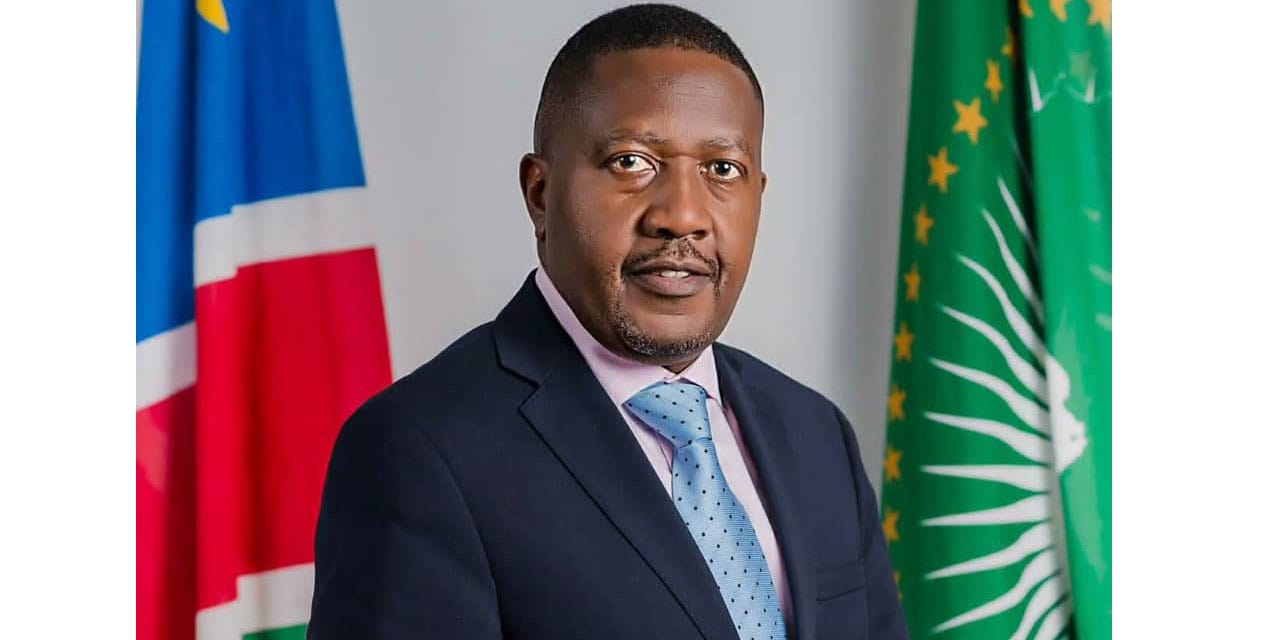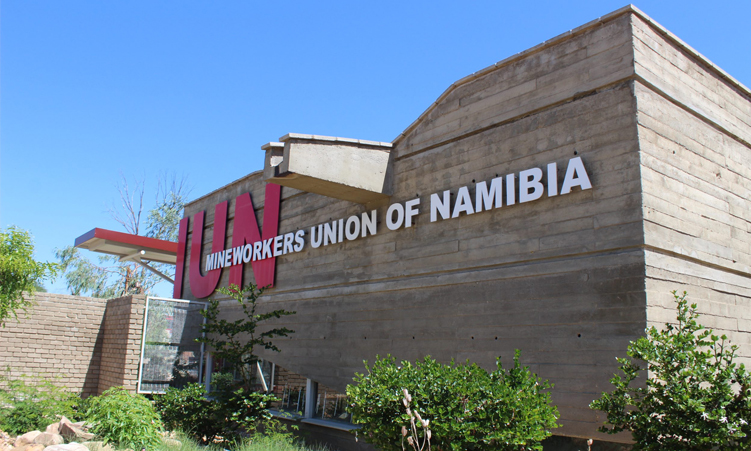A judgement on a constitutional challenge of the criminalisation of sexual acts between men is due to be delivered in the Windhoek High Court in May 2024.
This is after three judges of the High Court yesterday reserved their judgement, having heard oral arguments in a case in which the court is being asked to declare the common law criminalisation of male anal sex and “unnatural sexual offences” as unconstitutional and invalid.
Judge Nate Ndauendapo, who heard the arguments with judges Shafimana Ueitele and Claudia Claasen, said the court would hand down its judgement on 17 May.
In the case argued before the three judges yesterday, a gay Namibian man, Friedel Dausab, is asking the court to declare the common law offences of sodomy and “unnatural sexual offences” as unconstitutional and invalid.
He also wants the court to declare that the inclusion of the crime of sodomy in sections of the Immigration Control Act and the Defence Act is unconstitutional and invalid.
Dausab is alleging that the criminalisation of consensual sexual acts between men violates the fundamental rights and freedoms of gay men and men who choose to have sexual relations with men, and discriminates against people on the basis of sex and sexual orientation.
He says the crimes of sodomy and “unnatural sexual offences”, which are part of Namibian law though the country’s inherited common law, are a legacy of Namibia’s colonial history and have historically been aimed at stigmatising, punishing and excluding people who do not conform to the dominant heterosexual norm.
Dausab also says although people are rarely, if ever, still charged with committing sodomy or “unnatural sexual offences”, which is a vague term, these common law crimes continue to stigmatise and marginalise same-sex couples “by outlawing the most private and intimate expressions of their love and identity”.
Dausab notes in an affidavit filed at the court that the Law Reform and Development Commission stated in a report in 2019 that the common law criminalising anal sex between consenting men and “unnatural sexual offences” is “almost certainly unconstitutional”, and recommended that these laws should be repealed.
South Africa’s Constitutional Court declared the criminalisation of sodomy unconstitutional in 1998.
GOVT OPPOSES
Attorney general Festus Mbandeka is opposing Dausab’s application on behalf of the government.
Mbandeka says, also in an affidavit filed at the High Court, that homosexuality is a highly controversial and emotional question, and that for many Namibians homosexual conduct is immoral and unacceptable.
According to Mbandeka, the public sentiment has not reached a point where the people of Namibia, through their elected representatives, have decided that it is time to repeal laws against homosexual conduct.
Mbandeka also says the Constitution’s article protecting equality and freedom from discrimination does not include sexual orientation as one of the grounds on which discrimination is prohibited.
The Constitution’s prohibition of discrimination on the ground of sex simply means discrimination on the basis of biological sex, and not sexual orientation, in his view.
Mbandeka says the criminalisation of sodomy and “unnatural sexual offences” is based on societal morals, just like laws against bigamy, incest, prostitution, bestiality and obscenity are.
According to Mbandeka: “[O]ne of the purposes of the ban on homosexual sodomy is the moral views of Namibians that certain forms of sexual behaviour are immoral and unacceptable.”
ARGUMENTS
Senior counsel Gilbert Marcus, who led the legal team representing Dausab, noted in his address to the court that the attorney general repeatedly tried to justify the challenged laws by saying they are supported by a majority of Namibians.
On this stance, Marcus remarked: “Majority opinion does not trump fundamental rights.”
He also argued that popular prejudice against gay and bisexual men cannot serve as justification for unfair discrimination.
On the government’s position that men are not being prosecuted under the laws against sodomy and “unnatural sexual offences”, Marcus argued that this means those laws are only symbolic, which he said is fatal for the government’s case.
“Once the laws are not enforced, there is no rational purpose to those laws,” he said.
On behalf of the attorney general and other respondents, senior counsel Griffits Madonsela argued that the court should leave a decision about repealing the questioned laws to parliament.
On that point, Ueitele noted that after the Supreme Court decided in May this year that same-sex marriages lawfully concluded outside Namibia must be recognised by the government, parliament set out to undo the court’s decision and to take legal protection away from a minority group.
Madonsela continued to argue that the state has an interest and a duty to protect morals in society, and that it aims to do that by keeping the criminalisation of sodomy and “unnatural sexual offences” on the country’s law books “to foster moral behaviour”, even if those laws are not being enforced.
Ueitele, however, noted that as long as such laws remain on the country’s law books, a decision to prosecute people could be taken if an ultra-conservative government comes into power, for instance.
Madonsela was assisted by Dennis Khama, on instructions from deputy government attorney Jabulani Ncube.
Legal counsel Natasha Bassingthwaighte, Ramon Maasdorp and Michaela Kritzinger assisted Marcus, on instructions from Kauna Angula.
Stay informed with The Namibian – your source for credible journalism. Get in-depth reporting and opinions for
only N$85 a month. Invest in journalism, invest in democracy –
Subscribe Now!






